Transforming the
livestock feed industryamidst supply challenges
Farmers are facing
numerous production hurdles
The livestock feed industry is facing intense challenges. The numerous problems lie in struggling to diversify feed sources, enhance efficiency, and increase overall sustainability.
Cattle feed costs are consistently rising
Import dependence is creating fluctuations in availability
Land is limited, making local sourcing difficult
Climate change is affecting production & quality
Safety standards are high for nutrition value & feed quality
Financial stability is dependent on a volatile market
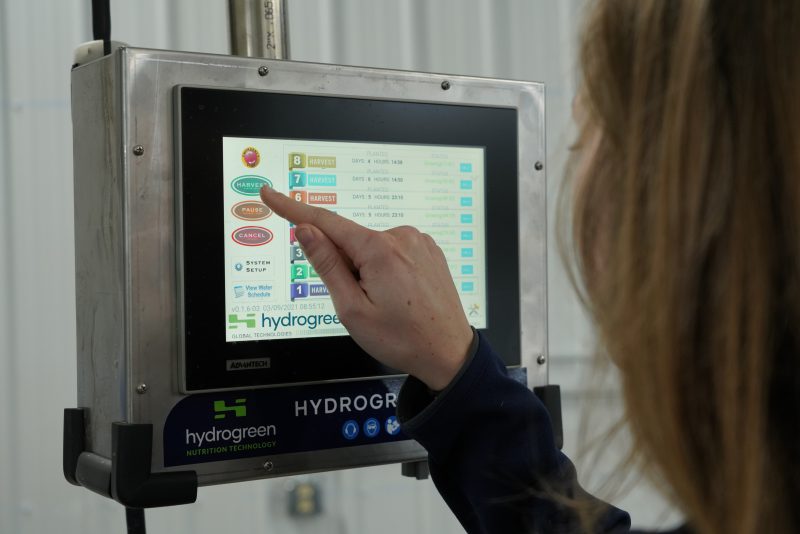
Overhauling operations is an overwhelming task
Overhauling operations in the livestock feed industry to incorporate efficiency, smart technology, and new systems presents a formidable challenge.
Implementing such changes requires a significant investment of both financial resources and time. Many feed growers may face constraints such as limited capital, lack of expertise in emerging technologies, and difficulty finding viable land for farming.
HydroGreen was designed to
stabilize feed operations
Higher cost savings with local production
HydroGreen lowers feed costs by producing high-quality feed locally, improving farm profitability and reducing import dependence.
Sustainable with minimal water usage
The system encourages environmentally friendly production with minimal water usage and a reduced carbon footprint.
More efficient use of space for growing
The vertical shelves of HydroGreen are deal for areas with limited agricultural land, maximizing yield in compact spaces.
Workload reduction with automation
HydroGreen incorporates advanced technology for efficient, automated feed production that doesn't fluctuate with the supply chain.
More local availability, more nutrition, & a stable growing system
Using vertical shelves, HydroGreen systems produce high yields in a small area. This reduces the need to import feed due to struggles with land availability and stabilizes feed production.
Compared to traditional farming methods, this innovative way of producing crops is sustainable, controllable, and flexible.
- Ensures a steady, independent feed supply
- Minimizes resource waste & ecological impact
- Improves feed quality and therefore animal health
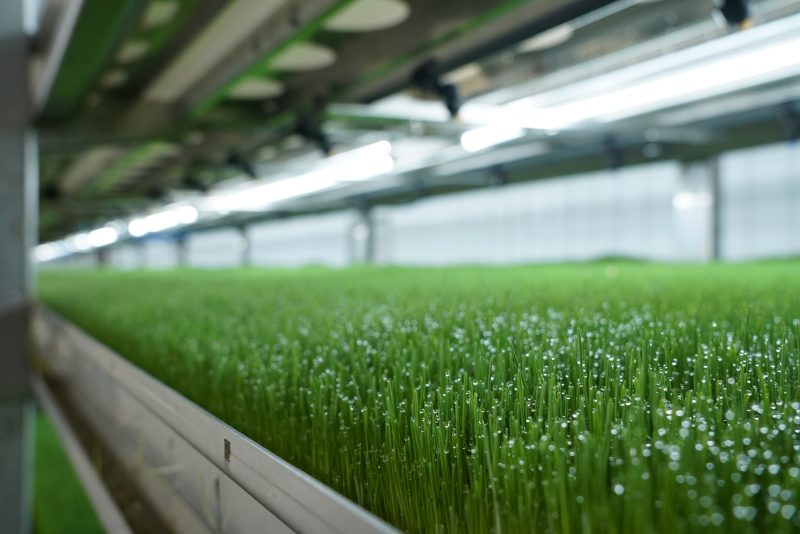

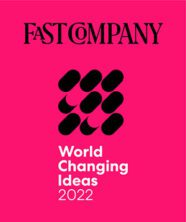
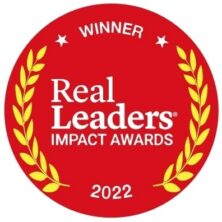
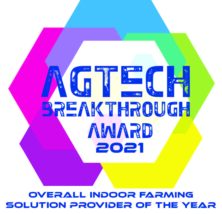
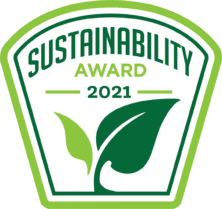

How the growth system works
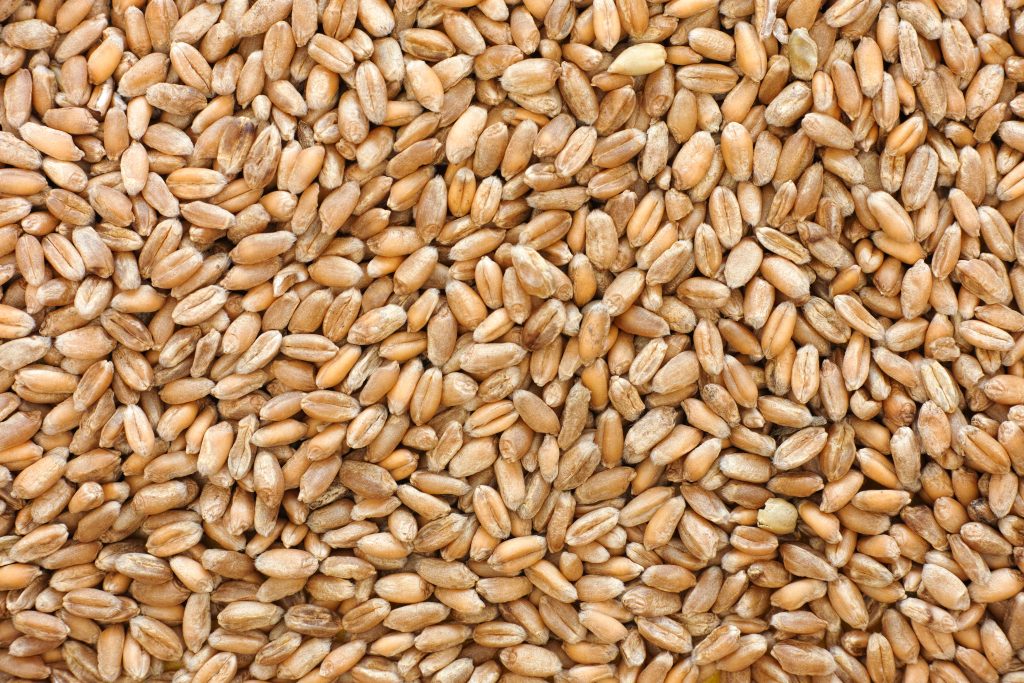
Seeding
A bed of seed is scattered onto the level area by an automated seeder machine.
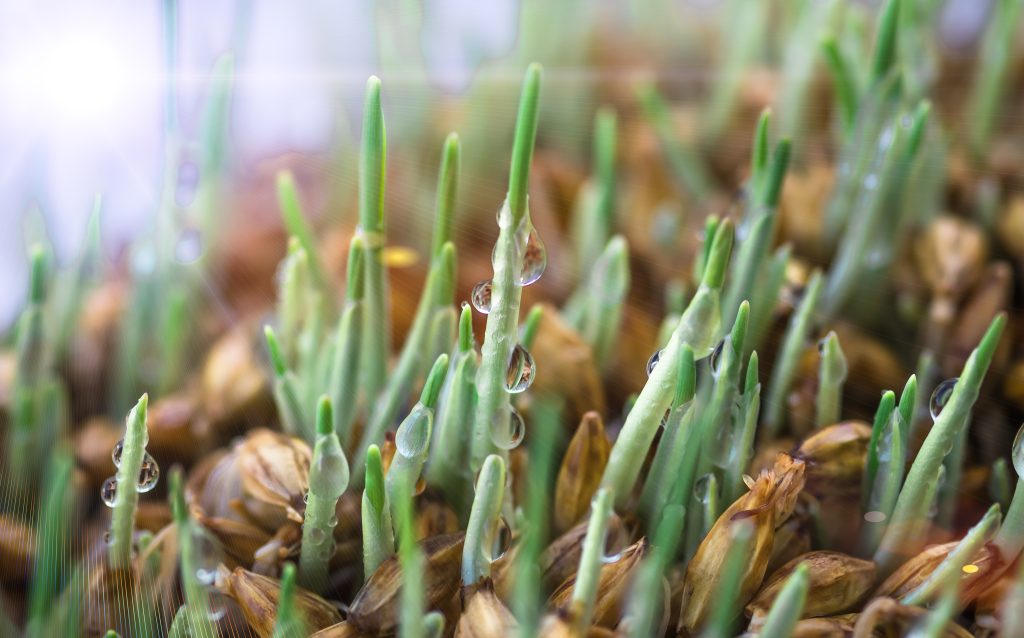
Watering
Growth is initiated once water is misted onto the crop from above via a smart system.
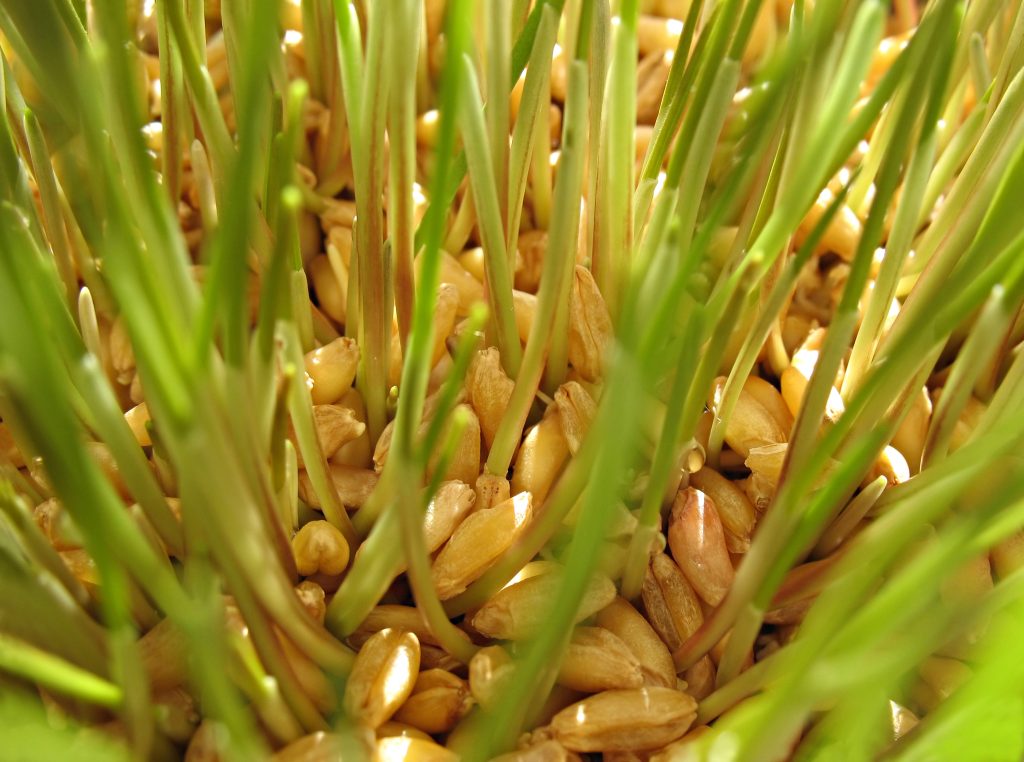
Sprouting
As the seeds sprout, drip irrigation feeds the roots and LED lighting cycles on & off.
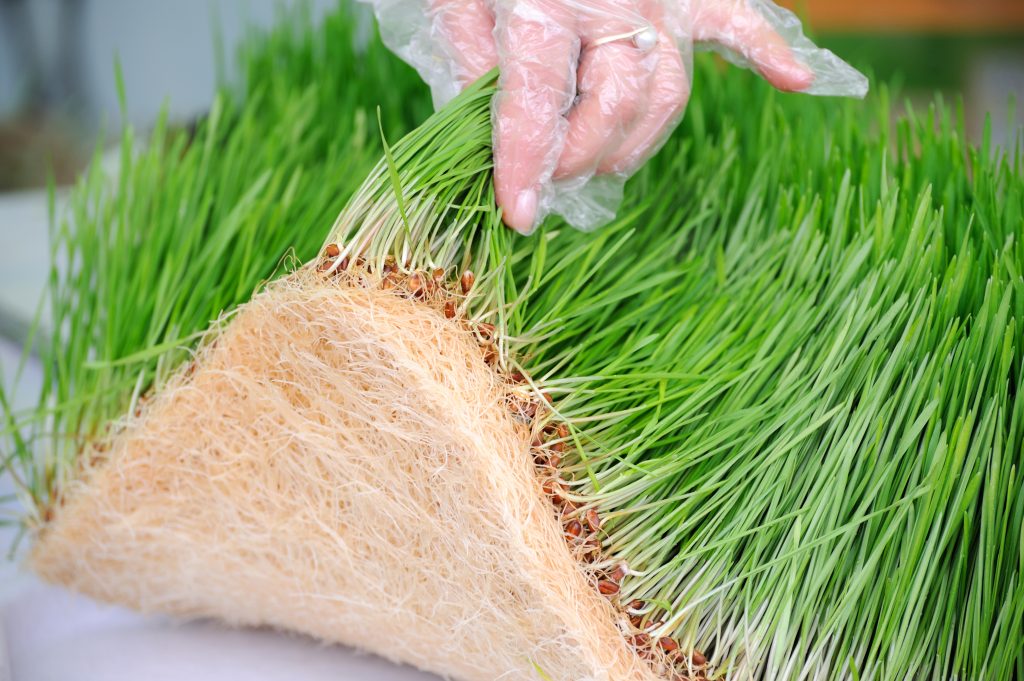
Harvesting
The fodder is harvested and cut to size, fresh, ready to use and nutrient-rich.
A powerful new way to revolutionize livestock feed farming
By taking the power out of the supply chain and putting it into the hands of farmers, we’re changing the way we look at sustainability and self-reliance.